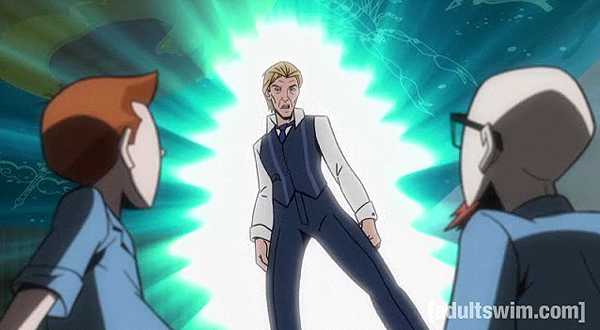|
Reports of David Bowie’s death had been exaggerated since the turn of this century. Even before his 2004 collapse on stage at a music festival in Germany, which resulted in an emergency angioplasty to clear a blocked artery, his penchant for keeping to his adult self fueled more-than-occasional rumors about his earthly condition. The Flaming Lips went so far as to title a 2011 joint single with Neon Indian “Is David Bowie Dying?” When he finally popped up in 2013 to debut a new single, fans overlooked the song’s maudlin nostalgia out of simple relief that he was alive and working. Tony Visconti, meanwhile, kept assuring us, “He’s not dying any time soon, let me tell you.”
Would that it were true. How could Bowie die, anyway? Surely there was no messy mortal at the center of all that radiant expression of life. Surely he was just a manifest Foucaultian process, an anthropomorphized discursive object, never actually material. At most, should the time come, he’d simply act out his departure as depicted on “The Venture Brothers” — saying, “Gotta run, love,” changing into an eagle, and flying away. When the news arrived on Monday, reality bit. As Bowie sang in the title track to his “Reality” album, “Now my death is more than just a sad song.” I wasn’t even the biggest Bowie fan in the world, not by a long shot, yet it was hard to concentrate for the rest of the day. Bowie the fountainhead flows through so much of the cultural landscape; I am the biggest fan of many folks who wouldn't have had careers, wouldn't have had the courage, without the lifeblood of that flow. Watered by his life, droughted by his death. I sat in my campus office, trying to work while listening to “Blackstar,” and a creeping dread arrived: How am I going to explain Bowie to my students?
0 Comments
|
this blahg
I'm THOMAS CONNER, Ph.D. in Communication & STS, and a longtime culture journalist. Categories
All
Archives
June 2024
|


 RSS Feed
RSS Feed